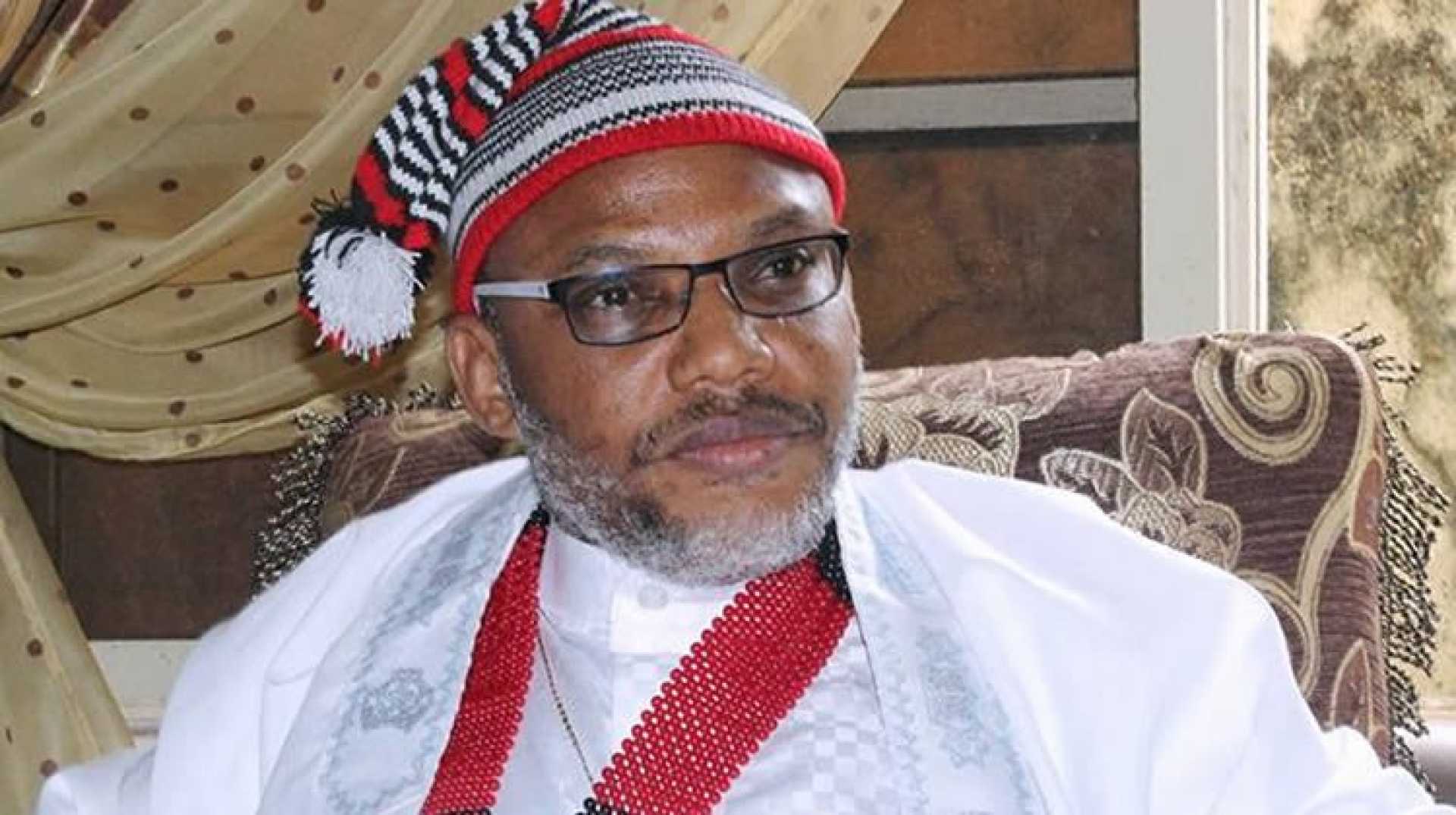News
Nnamdi Kanu Challenges Judge in Nigerian High Court

The ongoing legal proceedings involving Nnamdi Kanu, the leader of the Indigenous People of Biafra (IPOB), took a dramatic turn as he demanded the recusal of Justice Binta Nyako from his trial at the Federal High Court in Abuja. Kanu made his appeal directly in open court, asserting potential bias and jurisdictional concerns regarding his case.
During the tense courtroom exchange, Kanu stood from the dock to address Justice Nyako, requesting her to remove herself from presiding over his trial. This move came against the backdrop of a recent decision by the Supreme Court, which reportedly questioned the jurisdiction under which charges related to Kanu’s alleged broadcasts were made. Kanu insisted that the jurisdiction of the federal court was improper for his indictments, referencing the Supreme Court’s observations in the case.
“My Lord, I respectfully urge you to recuse yourself from this trial,” Kanu reportedly stated, as he referenced a segment of the Supreme Court judgment highlighting perceived biases in previous legal assessments. Kanu’s legal team, led by attorney Alloy Ejimakor, was asked to stand down by Kanu himself during the proceedings, as he chose to personally communicate his concerns to the judge.
The trial, which has been closely watched both within Nigeria and internationally, raises significant legal and political questions regarding jurisdiction and fair trial conduct. Kanu’s supporters have consistently argued that the charges against him are politically motivated, while Nigerian authorities have viewed his calls for the secession of the Biafra region as a significant threat to national unity.
Justice Nyako has yet to respond publicly to Kanu’s request for her recusal. The courtroom’s intense atmosphere underscores the broader political tensions surrounding Kanu’s trial and the separatist movement he represents. The case continues to draw national attention amidst questions about legal process and political influence in Nigeria’s judiciary system.












